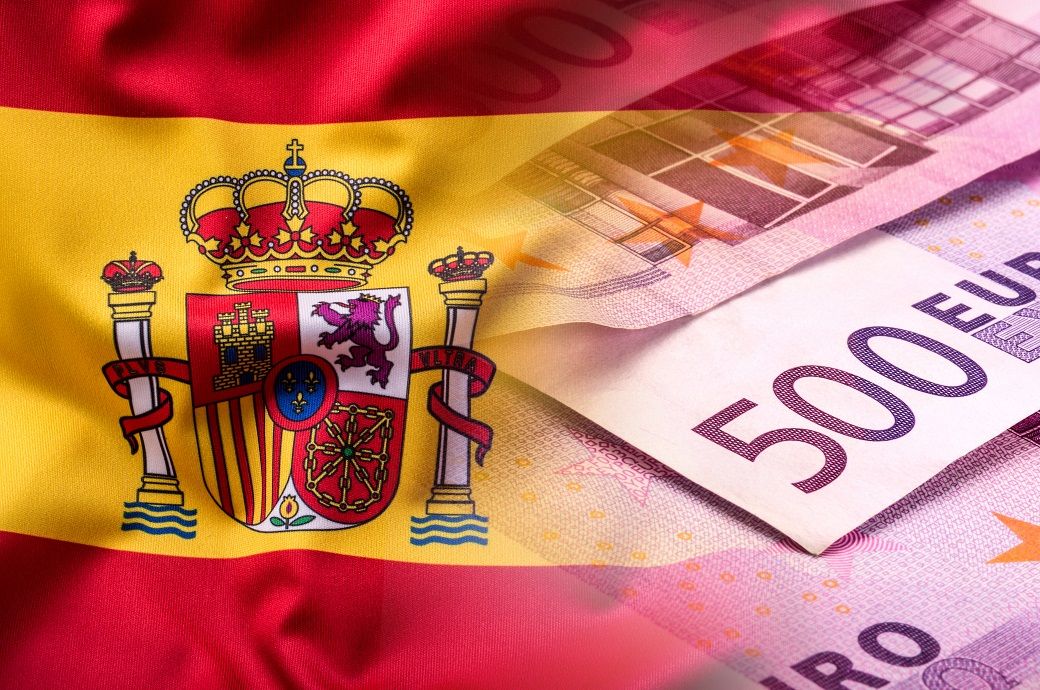
Around half of the deficit-increasing support for households and firms introduced in 2022 (around €26 billion, 2.0 per cent of forecast GDP) is projected to be extended to 2023. Partly offsetting this, the government has introduced temporary tax-raising measures, including levies on energy companies, banks, and a wealth tax surcharge. Overall, the deficit is expected to increase marginally as a share of GDP next year.
As support measures are unwound and the economy recovers, the deficit will decline in 2024 to 4.2 per cent of GDP. This assumes that public expenditure dynamics persist to some degree, and that revenues as a share of GDP fall back. A degree of uncertainty about fiscal policy settings beyond 2023 is related to the election cycle that will start in Spain next year.
Over the first three quarters of the year, real GDP was 5.7 per cent higher compared with a year earlier. Domestic demand was the main driver of growth at the start of the year, with net exports supporting growth more in the second and third quarter, with a strong rise in exports driven by the recovery in tourism. Fitch expects economic activity to stagnate in the fourth quarter of 2022 (4Q22) and 1Q23, in a context of eroding real incomes, low business and consumer confidence, and weakening activity. While the estimate for GDP growth this year has been revised as the labour market continues to be resilient, the adjusted forecast for next year has gone down sharply, and real GDP growth of 1.4 per cent (compared with 3.4 per cent in June) is expected.
The pace of economic growth is projected to resume in the second half of 2023 (2H23) and continue in 2024, with investment growth supported by the deployment of Next Generation EU (NGEU) funds and consumption dynamics recovering as the squeeze on real incomes abates. For 2024, GDP growth is expected to increase to 2.4 per cent. Projections imply that the level of real GDP will only reach its pre-pandemic level in 1Q2024.
Consumer price inflation remains high, although it has eased back from its peak of 10.7 per cent on an annual basis for the Harmonised Index of Consumer Prices (HICP) measure to 6.8 per cent in November. A comparison of Spain and eurozone inflation suggests a higher degree of passthrough from energy price changes to consumer prices in Spain; in the eurozone as a whole, HICP headline inflation has continued to rise, reaching 10.6 per cent in October.
Inflation is estimated to reach 4.3 per cent by year-end and to fall further over 2024, but remaining above the European Central Bank’s (ECB) target of 2 per cent. The key risk to inflation is the volatility of energy prices, which could increase again, impacting headline inflation estimates. Another risk is whether the persistence of high inflation will translate to second-round effects through higher firms’ costs, including labour costs.
ALCHEMPro News Desk (NB)
Receive daily prices and market insights straight to your inbox. Subscribe to AlchemPro Weekly!